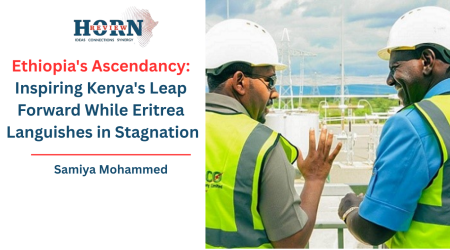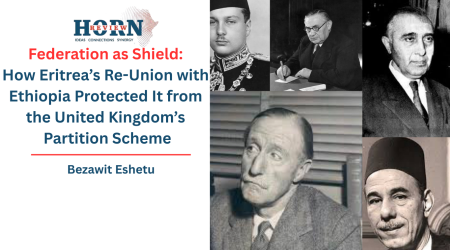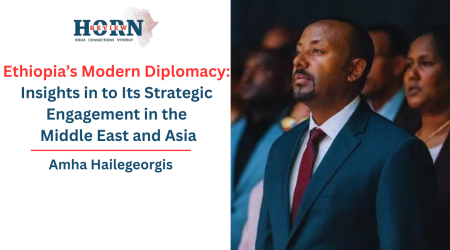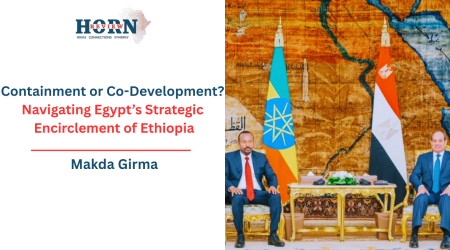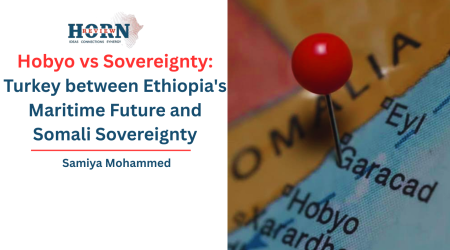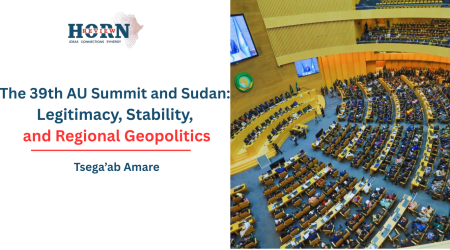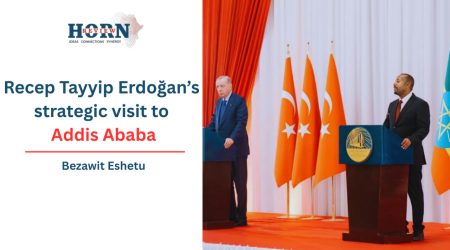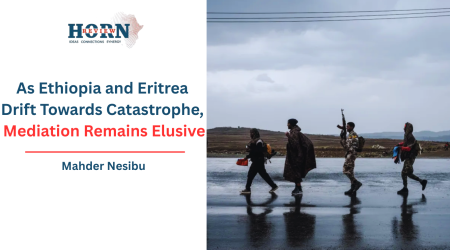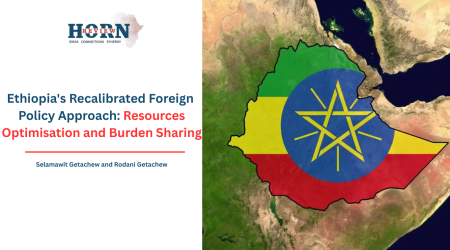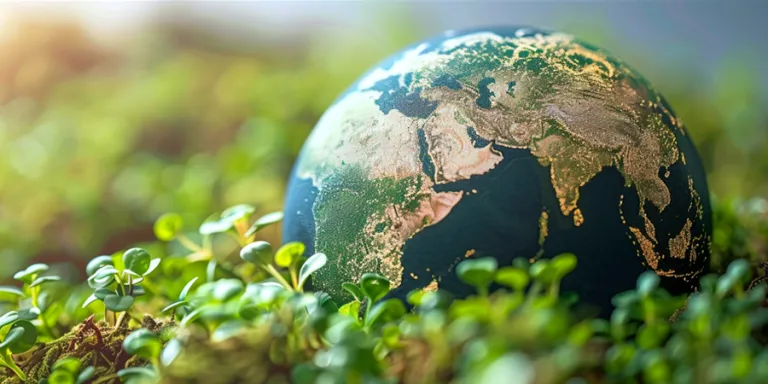
7
Aug
Ethiopia’s Resurgent Role on the Global Stage: Cultivating Conference Diplomacy in 2025
Ethiopia, a nation steeped in diplomatic history and a fervent champion of African progress, is significantly amplifying its international engagement through a strategic embrace of conference diplomacy. By orchestrating two pivotal global gatherings in 2025 – the United Nations Food Systems Summit +4 (UNFSS+4) and the Second Africa Climate Summit (ACS2) – Ethiopia is not merely hosting events; it is actively shaping critical international dialogues, enhancing its global standing, and fostering collaborative solutions to pressing world issues. This concerted effort underscores the nation’s unique position as the diplomatic heart of Africa, a proud host to both the African Union (AU) and the United Nations Economic Commission for Africa (UNECA).
Conference diplomacy, a sophisticated instrument of foreign policy, involves leveraging international conferences and summits to advance diplomatic negotiations, forge consensus on global challenges, and cultivate essential bilateral and multilateral relationships. For Ethiopia, a founding member of the United Nations and a venerable player in African diplomacy, this approach aligns seamlessly with its historical trajectory. The nation is strategically harnessing its modern infrastructure, notably the newly inaugurated Addis International Convention Center (AICC), to facilitate these high-profile gatherings with unparalleled efficiency and a welcoming spirit.
A Year of Defining Engagement: UNFSS+4 and ACS2
From July 27 to 29, 2025, Addis Ababa distinguished itself by co-hosting the UNFSS+4 alongside Italy, marking a truly historic moment as this significant summit convened on African soil for the very first time. The summit provided an indispensable platform for global stakeholders to reflect on progress in food systems transformation, strengthen international collaboration, and unlock vital financial resources. A dedicated “Action Day” on July 27 further spotlighted evidence-based solutions and creative expressions aimed at advancing global food security. Ethiopia’s role as co-host was instrumental, offering a unique opportunity to showcase its tangible advancements in food systems reform, which garnered commendation from UN and FAO officials during the summit. President Meloni of Italy highlighted the special relationship between the two nations, emphasizing the deliberate choice of Addis Ababa to ensure Africa’s centrality in global food security decisions. This collaboration has not only elevated Ethiopia’s international visibility but has also fortified bilateral ties with Italy, opening promising pathways for increased investments in Ethiopia’s burgeoning agricultural and food sectors.
The economic dynamism spurred by the summit was immediately evident, with a substantial influx of global delegates contributing to a robust surge in hospitality and tourism expenditures. As reported by the Ethiopian Press Agency, over 30,000 foreign participants engaged significantly in Ethiopia’s conference tourism sector in 2025, underscoring the substantial financial benefits derived from hosting such prominent gatherings. On the diplomatic front, the UNFSS+4 facilitated high-level dialogues, with leaders such as Kenya’s President Ruto, Somalia’s President HSM engaging in crucial bilateral talks, thereby strengthening regional integration and cooperation in vital areas like food security and trade. The event unequivocally positioned Ethiopia as a leading voice in global food systems discussions, resonating perfectly with its national development aspirations.
In September 2025, Ethiopia is set to host the Second Africa Climate Summit (ACS2) from September 8 to 10. Building upon the foundational achievements of the 2023 Nairobi Summit, ACS2 is meticulously designed to accelerate global climate solutions and mobilize critical financing for Africa’s resilient and green development trajectory. Strategically positioned between the G20, UNGA, and COP30, the summit is anticipated to attract over 25,000 delegates, including more than 45 African heads of state, to the state-of-the-art AICC. Ethiopia, in close collaboration with the African Union, is hosting ACS2, a clear demonstration of its unwavering commitment to climate resilience, with national initiatives like the far-reaching Green Legacy Initiative standing as compelling evidence of this dedication. Ethiopian leaders have consistently articulated the summit’s profound importance as a platform to articulate Africa’s unique climate priorities, drive impactful outcomes, and forge essential global alliances.
Hosting ACS2 is poised to significantly enhance Ethiopia’s leadership in African climate action and augment its influence in broader global climate negotiations, potentially unlocking substantial climate finance and technical support. The economic advantages of ACS2 are projected to mirror the positive impact of the UNFSS+4, providing a significant uplift to Addis Ababa’s vibrant hospitality sector. Beyond the economic benefits, the summit will foster invaluable knowledge exchange on climate-smart infrastructure and innovative nature-based solutions. This exchange will directly inform and reinforce Ethiopia’s Climate-Resilient Green Economy (CRGE) Strategy, launched in 2011. Extensive pre-summit consultations with diplomats and stakeholders are designed to galvanize global support, further solidifying Ethiopia’s diplomatic ties with AU member states, UN agencies, and development partners. By championing African-led solutions, this pivotal event positions Ethiopia as a crucial mediator and innovator in the dynamic landscape of climate diplomacy.
Strategic Dividends: Elevating Ethiopia’s Global Stature
The strategic decision to host these prominent international forums is a well-calibrated move poised to yield substantial benefits across multiple dimensions. These gatherings significantly enhance Ethiopia’s “soft power,” firmly establishing it as an indispensable player in both global and regional affairs. The historic choice of Africa for the first UNFSS+4 outside Europe, coupled with ACS2’s powerful focus on African leadership, profoundly amplifies Ethiopia’s role in multilateral diplomacy. The sheer volume of delegates, estimated at over 30,000 foreign participants in 2025, injects considerable capital into local economies, serving as a primary driver for the hotel market, which is projected to reach an impressive US $1.03 billion, growing at a 3% Compound Annual Growth Rate (CAGR) through 2029, a direct testament to the vitality of conference tourism. Both summits serve as vital conduits for the sharing of best practices and cutting-edge innovations, with UNFSS+4 showcasing advancements in food systems and ACS2 highlighting transformative climate solutions. This exchange is poised to enrich Ethiopia’s national policies and attract valuable technological partnerships.
Furthermore, these events offer an unparalleled opportunity to showcase Ethiopia’s rich culture and profound heritage to a diverse global audience, enhancing tourism and fostering global goodwill, as demonstrated by the deliberate promotion of Ethiopian agriculture and historical narratives during these significant gatherings. Finally, the successful orchestration of such complex international events showcases Ethiopia’s robust logistical capabilities and reinforces its credibility as a stable and highly capable diplomatic hub.
Ethiopia’s Diplomatic Leadership in a New Era
Ethiopia’s strategic decision to host the UNFSS+4 and ACS2 in 2025 is a powerful demonstration of its conference diplomacy in action. By providing essential platforms for international dialogue, the nation is not only enhancing its global standing and attracting vital investments but is also proactively contributing to the resolution of some of the most pressing issues of our time. The evidence strongly indicates significant diplomatic and economic benefits, with the potential for enduring partnerships in critical areas such as climate action and food security. Continued investment in infrastructure and the hospitality sector will undoubtedly be paramount to maximize these outcomes and ensure Ethiopia remains a preferred host for future international gatherings, further solidifying its role as a beacon of cooperation and progress on the global stage.
By Mahder Nesibu, Researcher , Horn Review


